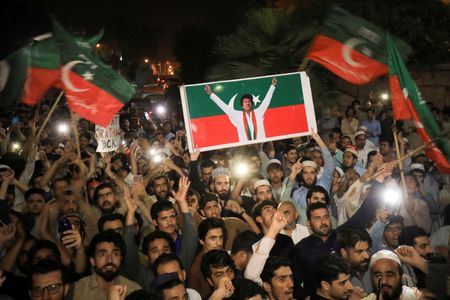
The Rise and Fall of Imran Khan: What Next?

The now former Prime Minister of Pakistan Imran Khan was eventually voted out of power through a vote of no-confidence even though he made his level best efforts to avoid the humiliation. Yet again a civilian Prime Minister in Pakistan failed to complete a five-year term. However, he will be remembered as Pakistan’s first Prime Minister who was ousted through a constitutionally valid process, namely a vote of no-confidence on the floor of the National Assembly of Pakistan.
In the span of sixty nine years of his life, Imran Khan went through some very interesting phases and personality transformations. He was born in October 1952 into an affluent Pashtun family of Lahore, went to elite schools in Pakistan and UK and graduated from Oxford University. Cricket – a passion in South Asia was in his blood; two of his cousins were distinguished cricketers. It was the sport of cricket which made him the national hero of Pakistan during his younger days. He led in 1992 the Pakistani team to its first World Cup title defeating England in the final. As a young lad, besides being a celebrity in Pakistan and elsewhere, Imran Khan also earned the reputation of being a flamboyant and a playboy.
After his retirement from the cricketing career in 1992, Imran Khan began his new innings as a philanthropist and a politician. He was the primary fund-raiser for the Shaukat Khanum Memorial Cancer Hospital, a specialized cancer hospital in Lahore, which was opened in 1994. The hospital was named after Khan’s mother, who had died of cancer in 1985. In his public statements he was a strong critic of the government.
Imran Khan’s political career can be said to have started in real earnest in 1996 when he founded his own political party: Pakistan Tehreek-e-Insaf (Pakistan Justice Party, popularly known as PTI). But more importantly, Khan appeared to have gone through a religious awakening as he embraced Sufi mysticism shedding his earlier play boy image.
For several years of his political career Imran Khan failed to translate his popularity at home into enough votes to win a place for his Party in the national assembly. He blamed the government for rigging and manipulating the outcome of elections. The first signs of Imran Khan’s ascendency in politics appeared in 2012 when in a nation-wide opinion poll he was adjudged as the most popular political leader in Pakistan. The following year, the PTI registered an impressive performance in elections, but failed to defeat Pakistan Muslim League- N, led by Nawaz Sharif. Once again Imran Khan blamed the rigging of votes for his party’s defeat but failed to secure Nawaz Sharif government’s ouster despite protracted agitations.
The political scenario underwent a change when PM Nawaz Sharif came under cloud due to Panama Papers scandal linking his family members to offshore holdings. Imran Khan was once again at the forefront in 2016 seeking Nawaz Sharif’s removal but called off his planned protest movement when the Supreme Court agreed to open an investigation. The investigation disqualified Sharif from holding public office in 2017, and he was forced to resign from office. Subsequently Nawaz Sharif was allowed to leave for London for medical treatment where he remains till date.
Imran Khan contested the 2018 election with populist promises of combating corruption and eradication of poverty. He is said to have enjoyed the tacit support of the Pakistan Army which is believed to run the show in the country. Imran-led PTI emerged as single largest party and was able to form the government with support from others. Imran Khan reached the pinnacle of his political career when he was sworn in as Pakistan’s Prime Minister on 18th August 2018.
As Prime Minister, Imran Khan had to face several challenges both on domestic and foreign policy fronts. He inherited a situation when the country was facing a serious crisis on account of balance of payments and huge debt burden, caused especially by the China-Pakistan Economic Corridor (CPEC). Numerous IMF bailouts in the past had failed to resolve Pakistan’s macroeconomic problems. The situation worsened when the USA withdrew its $300mn assistance as the Americans felt that Pakistan was not doing enough to reign in terrorism. Throughout his tenure of just over three and a half years, Imran Khan was seen shuttling between global financial institutions and so-called friendly countries for aid and assistance. Covid-19 aggravated the situation further. Meanwhile the country was faced with high inflation leading to a certain degree of popular disenchantment with Imran Khan.
On the foreign policy plank, Imran Khan can claim the credit for bringing Taliban to table for direct negotiations with the Americans. He took some cosmetic measures to curb terrorism and thus managed to prevent the placement of Pakistan in FATF’s Black List though he failed to get his country out of the Grey List. Imran Khan’s indecision in choosing sides between Saudi Arabia on the one hand and Turkey and Malaysia etc. on the other on the issue of the leadership of the Islamic world cast a shadow over his credibility as a firm and reliable partner.
In September, 2020, the entire Opposition gathered under the umbrella of Pakistan Democracy Movement (PDM) with the stated goal of increasing the independence of civilian government from the military establishment, but with the ultimate objective of ousting Imran Khan. The PDM organised several protest demonstrations but failed to achieve their goal.
The down fall of Imran Khan is believed to have begun in October, 2021 when he fell out with the Pakistan Army; this was largely on account of Imran Khan’s efforts to influence the appointments to high posts in the Pakistan’s Establishment including the appointment of DG ISI. Though Khan eventually gave in to Pak Army General Bajwa, it was perhaps too late. Imran Khan’s failure to manage the economy resulting in popular unrest was probably the other reason that the Army thought it appropriate to get rid of Imran Khan as his failures were also being perceived as the failures of the Establishment with whose support he was believed to have risen to the top post.
Emboldened by the rift between Khan and Bajwa, the defection by the PTI members of Parliament, the PDM after considerable mutual deliberations finally moved a no-confidence motion again Imran Khan’s government on 8th March 2022. Rest is history. Despite numerous efforts including a narrative of foreign conspiracy to block the trust vote, dissolution of National Assembly, Imran Khan failed and lost (9th-10th April,22) the no-confidence vote mandated by the Supreme Court, which had overruled the ruling by the Deputy Speaker of National Assembly to reject the Opposition’s request for the no-confidence vote paving the way for Imran Khan to recommend the dissolution of National Assembly and holding of fresh elections.
The combined Opposition is now in power and Nawaz Sharif’s brother Shehbaz Sharif is the new Prime Minister. It remains to be seen as to how these political parties known for their different political ideologies will be able to hold their act together and steer the country out of the difficult situation. Will the coalition government complete the remaining term of the National Assembly till mid 2023 or announce mid-term elections after introducing some electoral reforms? Imran Khan has let it be known that he is out but not yet over. Will he be hounded or allowed to remain relevant in Pakistan’s politics is also a matter of speculation.
From India’s Perspective
In the initial months of his tenure Imran Khan did make some outreach gestures towards India but did nothing to curb state-sponsored cross-border terrorism. Subsequently, he left no occasion to malign India and internationalise Kashmir issue but failed time and again in selling his narrative. Some of his decisions such as down grading of diplomatic relations, withdrawal of MFN status to India have ensured that India-Pakistan relations are now at a very low ebb. However, from India’s perspective, it really doesn’t matter as to who is at the helm of affairs in the civilian government, as it is an open secret that Pakistan’s India policy is determined by the Pak Army and ISI combine, influenced at times also by fundamentalist forces. So unless there is a change in the mind-set of Pakistan’s Establishment towards India, no meaningful improvement in India-Pakistan relations can be expected.
**************
Disclaimer
The opinions expressed in this article are the author’s own and do not reflect the views of Chanakya Forum. All information provided in this article including timeliness, completeness, accuracy, suitability or validity of information referenced therein, is the sole responsibility of the author. www.chanakyaforum.com does not assume any responsibility for the same.
Chanakya Forum is now on . Click here to join our channel (@ChanakyaForum) and stay updated with the latest headlines and articles.
Important
We work round the clock to bring you the finest articles and updates from around the world. There is a team that works tirelessly to ensure that you have a seamless reading experience. But all this costs money. Please support us so that we keep doing what we do best. Happy Reading
Support Us



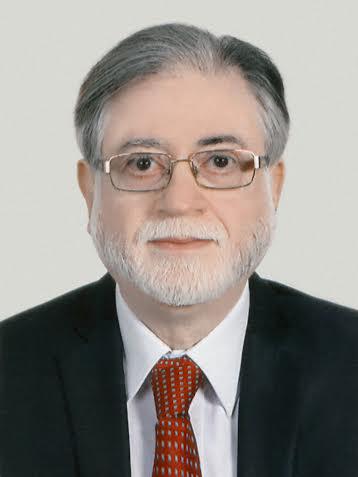


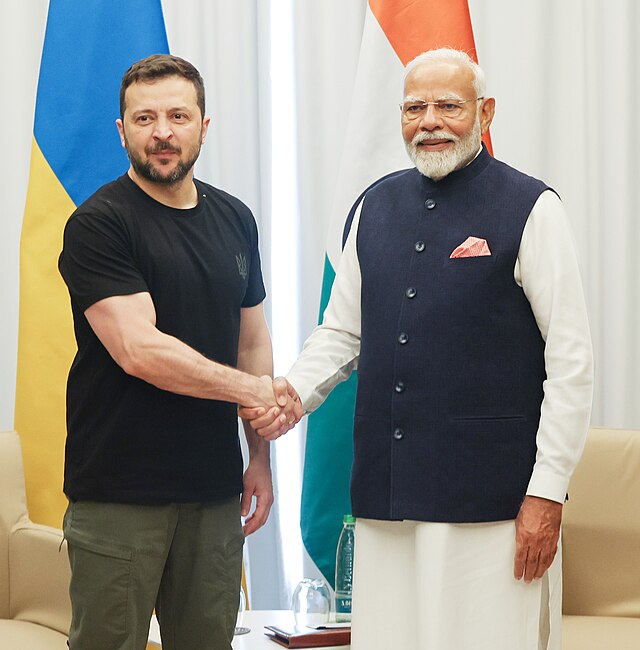
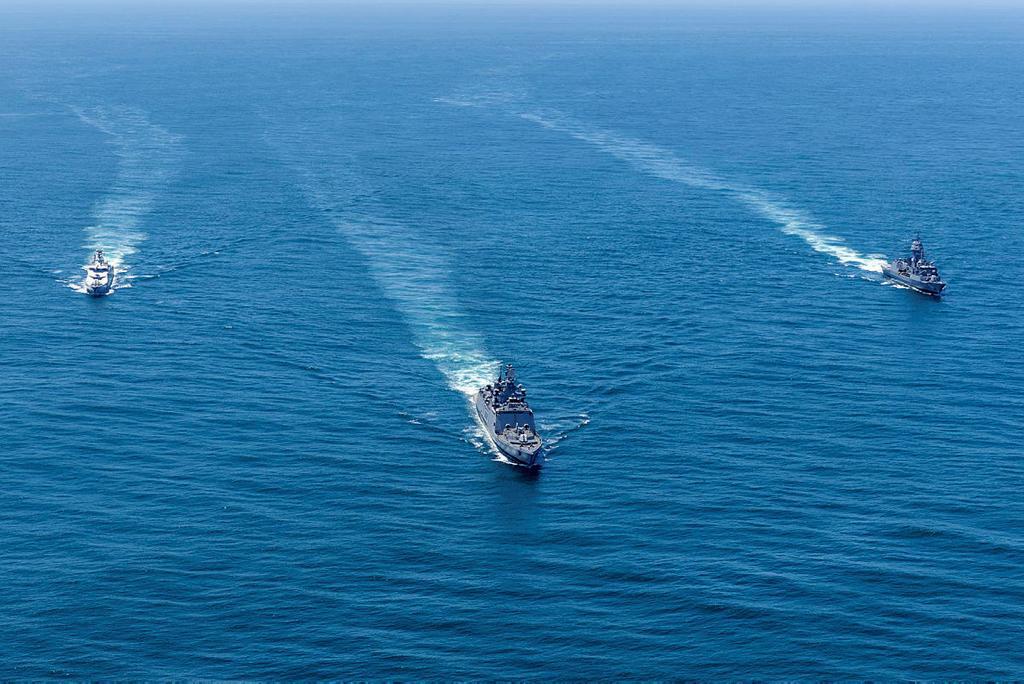
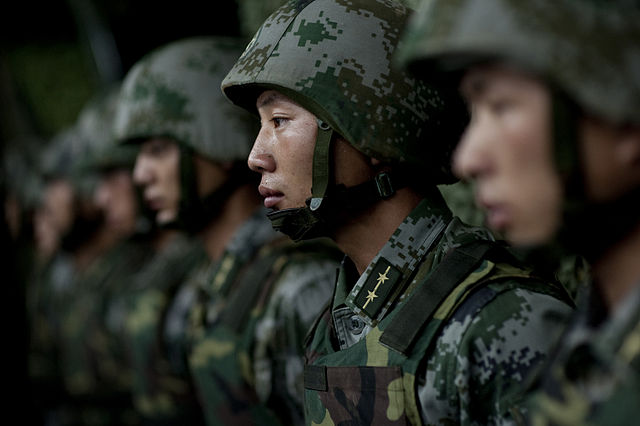
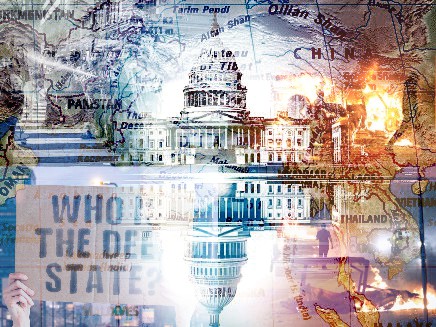
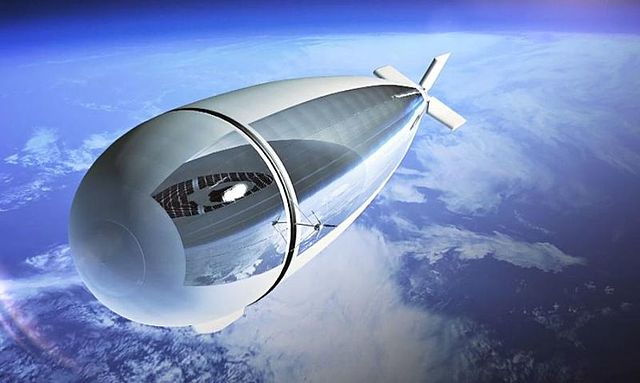
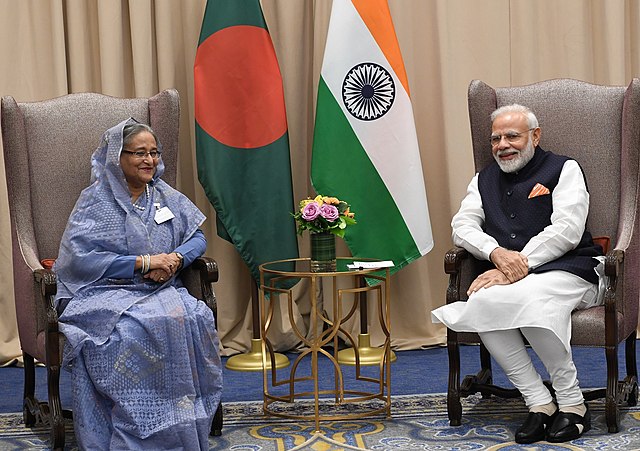
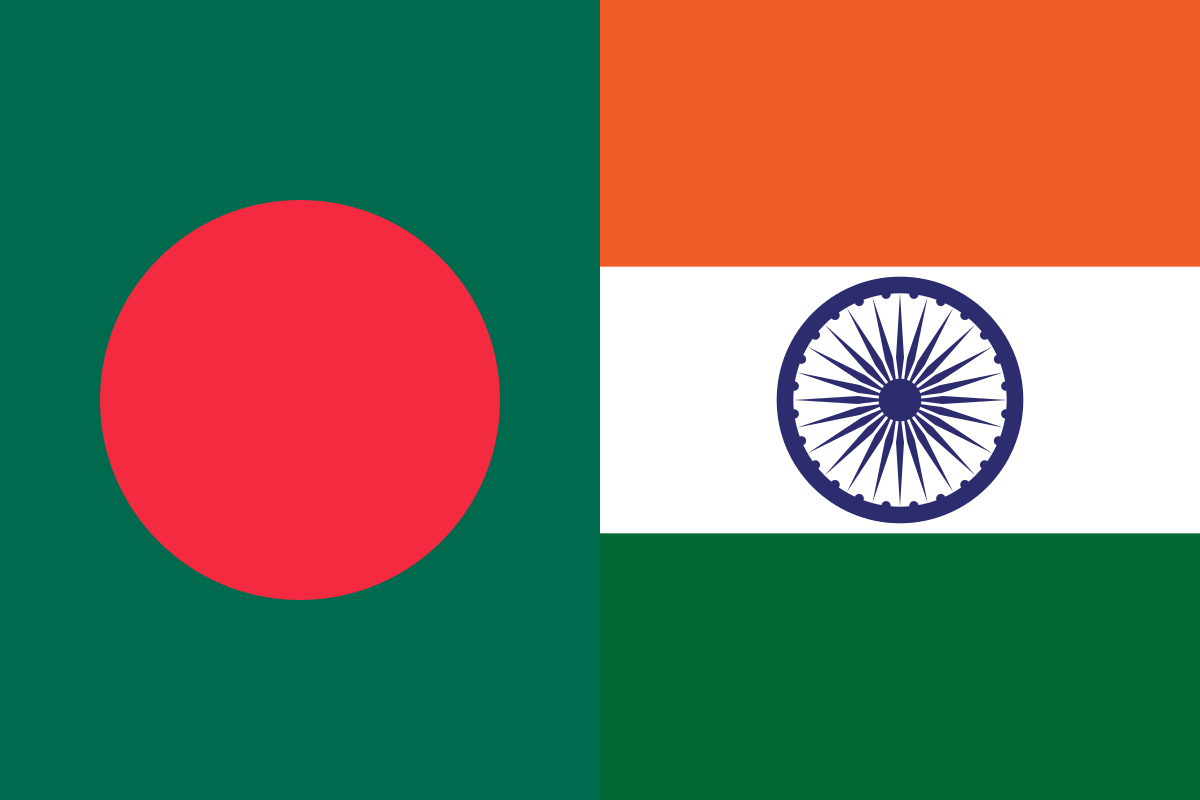
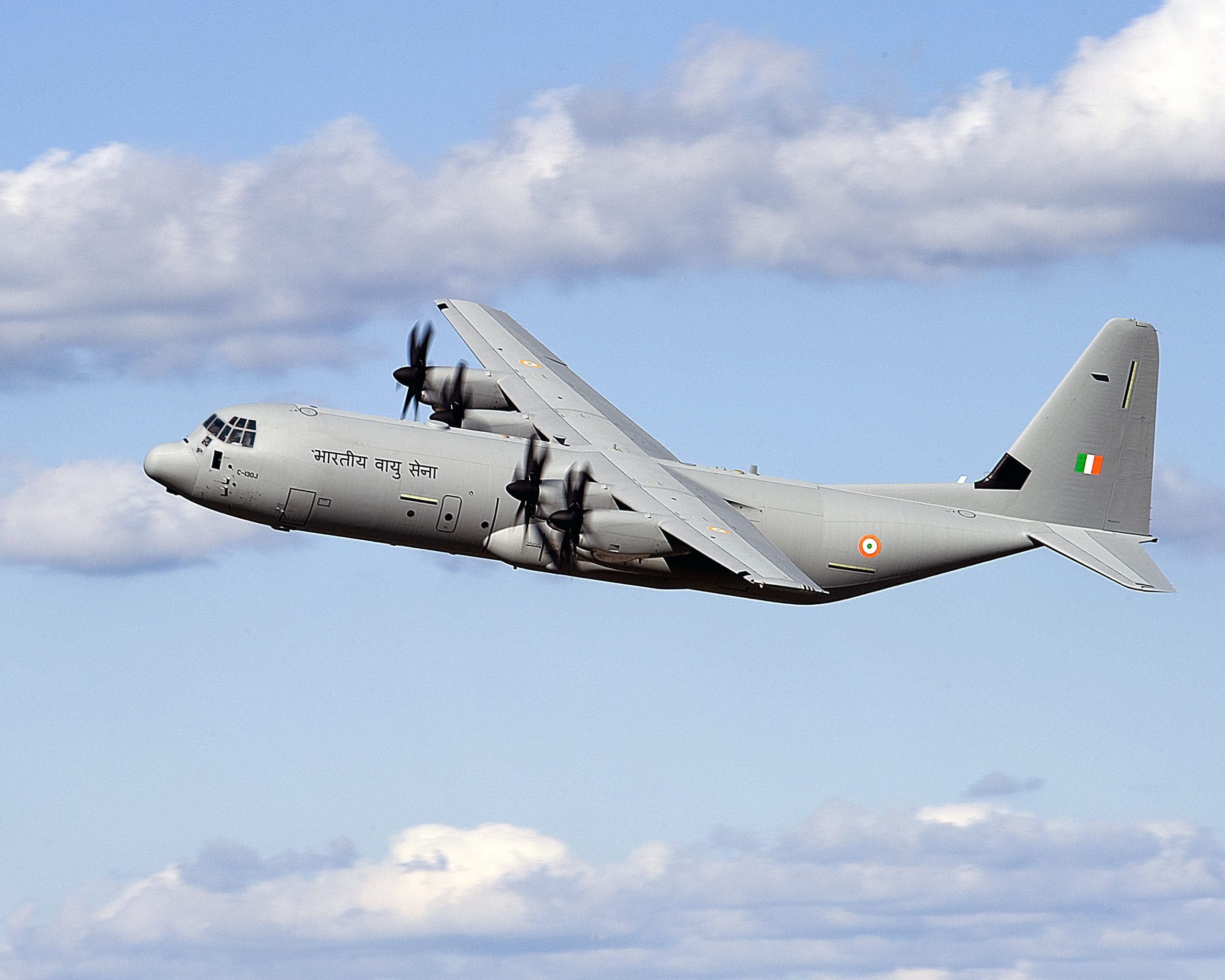







POST COMMENTS (1)
Kalidan Singh